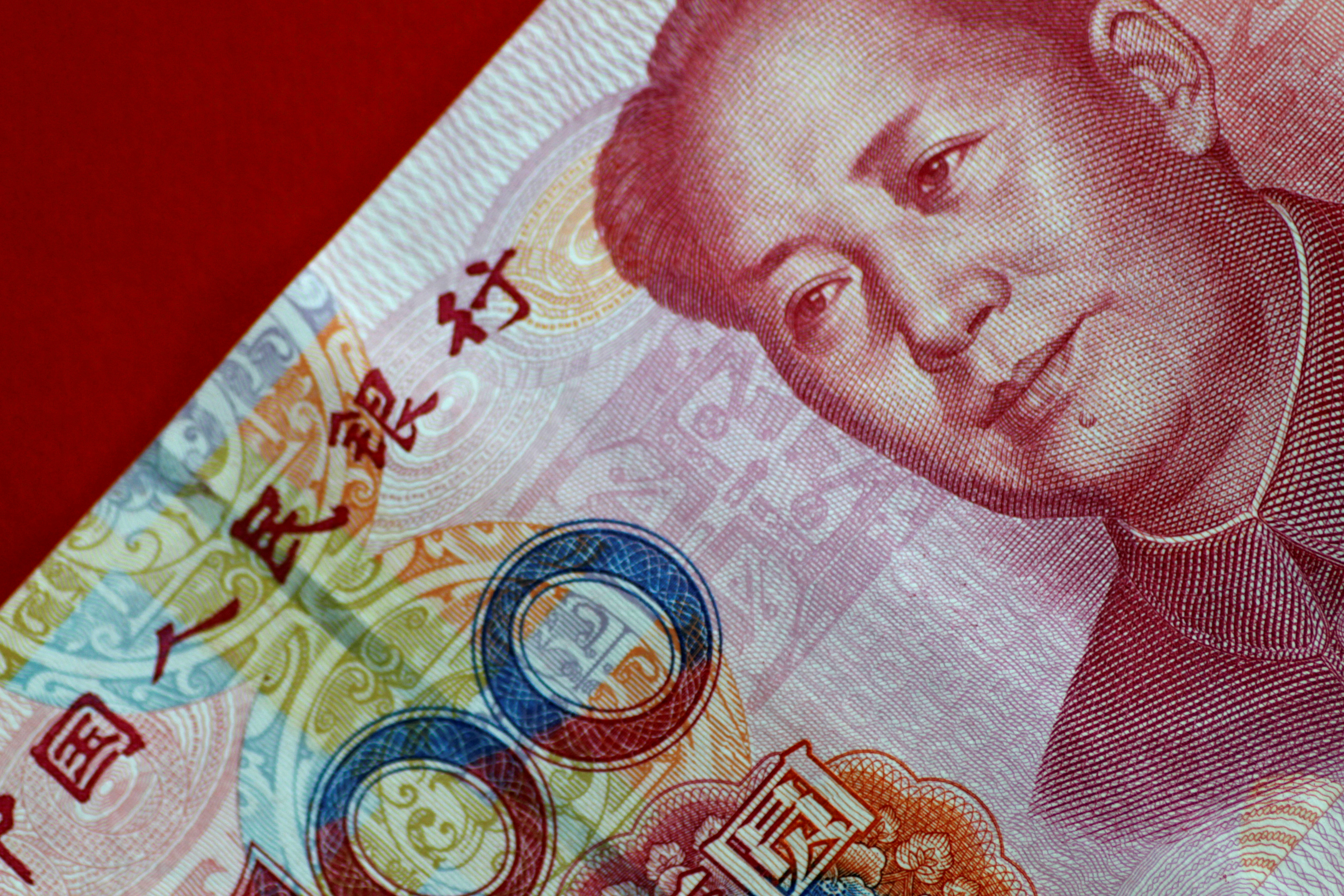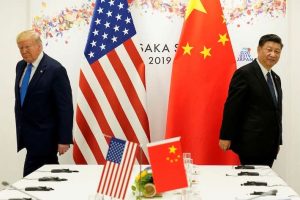China is going in the opposite direction to all the other global central banks as the yuan strengthens while the notion of Asian consumers working hard and spending little is becoming increasingly outdated – and this all this adds up to one thing, the risk of inflation
Amid the pandemic panic, investors may have missed the more important event of 2020, namely, the renminbi’s rebound.
During previous periods of global macro uncertainty, Chinese policymakers have either frozen the value of the renminbi – 2008-2010 and 2015 during China’s equity market boom-and-bust cycle – or let it slide.
Yet, despite a collapse in global trade and Chinese growth going negative in 2020-21, the authorities allowed, or encouraged, the renminbi to deliver its biggest ever 12-month gain against the US dollar.
Also on AF: Hong Kong: The high risk and cost of ‘zero Covid’ policies
If the ideology on which the Chinese regime rests is that inflation leads to revolts, revolutions and social instability, and early in their careers they faced just such an event, it makes sense that this same leadership will strain every sinew to prevent another inflation surge.
US-China tensions are forcing Beijing to reduce its dependency on the US dollar. This is not easy but there may be no time like the present to challenge the US dollar’s dominance.
An ageing Chinese population will likely favour a rising currency – more purchasing power, less inflation – so perhaps a stronger renminbi is testament to the CCP’s desire to deliver what the vast majority of the Chinese population now want.
Apple showed that to displace a behemoth, you do not have to take it on at its own game. Instead, you should challenge it on a different field of play.
And if the US dollar is the Microsoft of the global currency system, there is little doubt that in recent years China has tried to position the renminbi as the Apple equivalent.
Cue the launch of the digital renminbi, with the eventual promise of a future in which consumers and companies across emerging markets will no longer need to use the US dollar, nor even the SWIFT system, to trade with each other
Now, there are a five important implications to this approach.
SHOWERING MONEY
First, the current post-crisis investment environment is already very different from the post-2008 environment.
Instead of bust banks calling in loans, banks today are only too happy to shower money on whoever asks. Instead of a flat renminbi, China’s currency is strengthening. Instead of fiscal tightening, Western governments are busy sending cheques so workers can stay at home.
So will a different set-up lead us to the same outcome? Or should investors position their portfolios differently?
POLICY UNCERTAINTY
Secondly, there’s growing policy uncertainty. Never before have we seen the world’s largest economy step on the fiscal and monetary gas to such a degree, while simultaneously the second largest economy hits the brakes.
This policy divergence raises the question of whether US and Chinese policymakers can both be right. Or, whether one side is making a major policy mistake
CHINA BONDS
Thirdly, capital is flowing East and will likely continue doing so as foreigners deploy capital into China’s bond market. And as they do, the Chinese government bond market continues to outperform, staking its claim as the new anti-fragile asset of choice.
DOLLAR ROLE
And the fourth point is, could the world de-dollarise faster than most expect? The question is whether the US dollar’s global role will move in the way of an Ernest Hemingway-imagined bankruptcy – very slowly at first, then suddenly.
Today, with the US running twin deficits that exceed 20% of GDP and a negative net international investment position of roughly two-thirds of GDP, the possibility can no longer be brushed aside.
Should those foreigners presently loaded up with US assets decide to lighten their exposure – either because they do not like US policy settings (excessive money printing, high government spending, increased taxes on capital and more regulations) or simply because returns are more attractive elsewhere (positive real rates, Europe’s re-opening and booming commodity prices) – American savers will have few foreign assets to sell to counterbalance the falling US dollar.
CRYPTO QUANDRY
Finally, the crypto-currency quandary. Behind the enthusiasm for bitcoin, ethereum or dogecoin is a healthy disdain for the US dollar. The challenge for crypto-currencies is that they are inefficient as standards of value or means of exchange.
And once the Chinese government puts its whole regulatory and financial, weight behind the digital renminbi, it seems likely that this new currency will capture a billion users in a fairly short amount of time.
The combination of a stronger renminbi and the wider roll-out of the digital renminbi (which should happen around the time of next February’s Beijing Winter Olympics) could thus be an event that destabilises both the US dollar and the crypto-currency market.
DISAPPEARING SURPLUSES
Over the next decade Asia’s growth will slow and wages will rise, as will currencies. Asia will move from producing to consuming and surpluses will disappear. And this transition risks being highly inflationary. All of a sudden, Western consumers will have to compete, on price, with Asian consumers intent on having their share of the ‘consuming life’.
The coming rise in Asian currencies will be an Asian crisis in reverse. Capital will flow from the West to the East – since the East will provide the stronger currencies – as will purchasing power.
Such countries will then become sources of capital rather than a destination for capital.
Excerpts from Louis-Vincent Gave’s GavekalResearch report, The Slow-Motion Reverse Asian Crisis
Read more:
A regulated crypto market will make bitcoin safer for investors
























